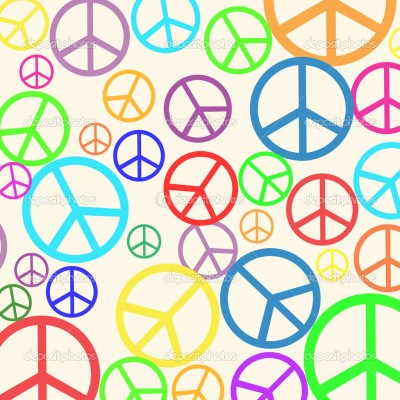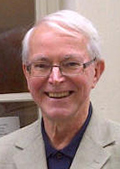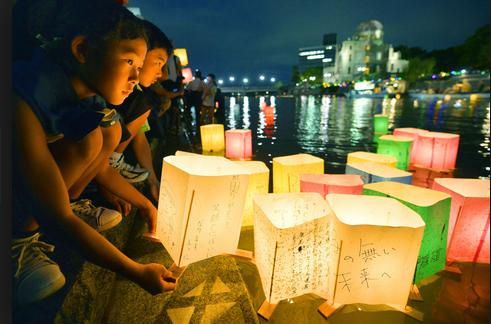How Can We Learn from History to Build a Peaceful Future?

The author of ‘Learning the Lessons of War’, published recently in the SGI Quarterly magazine, a Buddhist forum for peace, culture and education, Dr Peter van den Dungen, has been at the Department of Peace Studies at the University of Bradford, UK, since 1976. A peace historian, he is founder and general coordinator of the International Network of Museums for Peace. Some extracts follow but interested readers are urged to follow the link and read the article in full.
Hegel’s “We learn from history that we do not learn from history” is a well-known saying. Given the continuing prevalence of war, it can also be said that we certainly do not seem to learn from war, such a pervasive feature of history. However, Immanuel Kant, a great German philosopher and one of the most profound thinkers on war and peace, argued in the late 18th century that humankind learns from history and war, but only the hard way.
After the Napoleonic Wars (of which Kant witnessed the beginning), the main European powers instituted a “concert” system to prevent a similar violent disruption of the established international order.
A century later, the horrors of World War I resulted in the creation of the League of Nations, the first organization of its kind, which was meant to limit the recourse to war. It also established agencies and the Permanent Court of International Justice in order to address issues that otherwise might result in war.
These new institutions proved too weak to prevent another world conflagration, which occurred a mere two decades after the first one. During World War II, plans were laid for a successor world organization. The onset of the Cold War, the antagonism between the main powers since then and inherent weaknesses have made the United Nations a rather ineffective instrument for keeping the peace. At the same time, it cannot be denied that it pioneered new techniques (not even foreseen in the Charter) to limit or prevent war, such as UN peacekeeping operations.
The end of World War II also saw the beginnings of a process of economic and social cooperation that resulted in a new political entity, the European Union. The need for this, as the surest way to abolish war and poverty, was urged by the organized peace movement in the 19th century, and similar ideas had been put forward in peace plans formulated by visionaries in earlier centuries.

Airing books containing the names of atomic bomb victims of Hiroshima and Nagasaki at the Hiroshima Peace Memorial Park
World War II had other profound consequences, particularly for the two countries that were widely regarded as responsible for it–Germany and Japan. Apart from the terrible loss of civilian life and destruction of their cities, Germany was divided and Japan became the victim of the use of the atomic bomb in Hiroshima and Nagasaki. Both countries adopted peace constitutions with self-denying ordinances regarding their military capabilities and intentions. But in other respects, Germany learned lessons and pursued policies with the aim of achieving peace and reconciliation with its erstwhile adversaries, which have largely been lacking in Japan. They involve elements of apology, compensation, repair and restitution–expressed in moral, material and symbolical terms. Without such a deliberate and sincere strategy on the part of Germany, the project of European unification (of which the country has been the main pillar, together with France) would have been impossible.
If Japan has learned lessons from the atrocities and crimes committed by the US in Hiroshima and Nagasaki, the same cannot be said of the world as a whole.
Arnold Toynbee writes (in his autobiography, Experiences) that he had been jolted out of the traditional accepting attitude to war by the slaughter of half of his friends in World War I. The same revulsion against war was widespread in its aftermath. He noted that such revulsion “ought [to] have been total and universal from the moment . . . the world entered the Atomic Age.” He found that the American people, victorious in two world wars, had succumbed instead to militarism. Toynbee wrote this during the Vietnam War. Since then, the trauma of that war has been overshadowed by the events of 9/11, and militarism has become even more pervasive in American society.
An appropriate, meaningful and fruitful remembrance would amount to the initiation of nothing less than a worldwide program of peace education as part of the development of a comprehensive culture of peace. That peace is possible–indeed, that it is imperative for human survival–should be taught and learned in schools and universities and through peace museums.
In the modern world, museums are preeminent institutions, widely regarded as guardians of high culture that fulfill a major role in public education. It is telling that, whereas war and military museums are widespread (with hundreds of such museums in the US and UK alone) and often well-funded, peace museums are hard to find, with the singular exception of Japan. Likewise, war monuments abound, whereas antiwar and peace monuments are far less numerous. History textbooks have traditionally been dominated by war and its pretended heroes, with opponents of war and advocates of peace at best relegated to footnotes. The “invisibility” of peace in education, institutions and public life generally is a great hindrance to learning about peace and working toward it. In particular, museums honoring peacemakers of the past and present would inspire and encourage visitors to believe in peace and recognize their role in helping bring it about.
In this way, perhaps, Hegel’s sombre maxim may yet prove to be wrong.



